The Jones Act is a federal law that regulates maritime commerce in the United States.
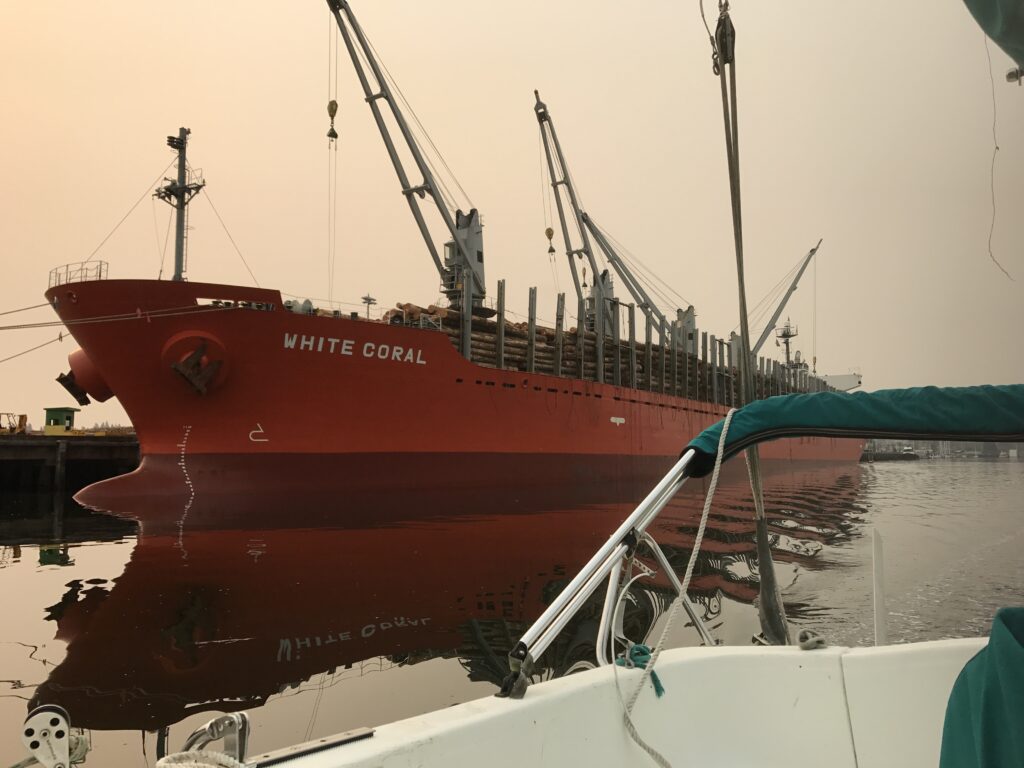
The Act requires that goods shipped between U.S. ports be transported on vessels that are built, owned, and operated by United States citizens or permanent residents. The law was originally intended to support the strategically-important shipping industry and to prevent the United States from relying on foreign-built ships. The Jones Act, also known as the Merchant Marine Act of 1920, was enacted by the United States Congress to stimulate the shipping industry in the wake of World War I. It replaced similar legislation going back to and even before the USA Civil War.
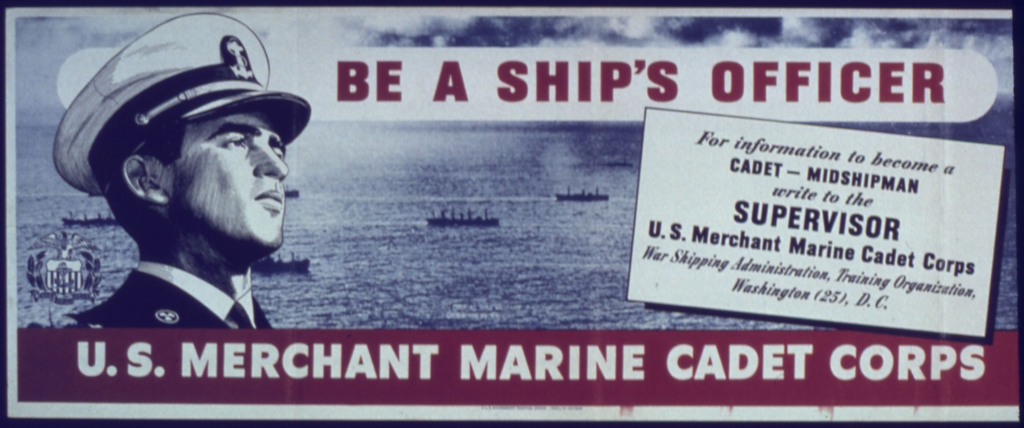
The Jones Act benefits U.S. labor and the military by ensuring that the nation’s waterways are traveled by well-built ships that meet American safety and environmental standards. However, some argue that the Jones Act is a classic example of protectionism and increases the costs of shipping goods between two U.S. ports. This is because Wesley Jones, a Republican USA Senator from the state of Washington, probably designed the legislation to give his state a monopoly on shipping to Alaska.
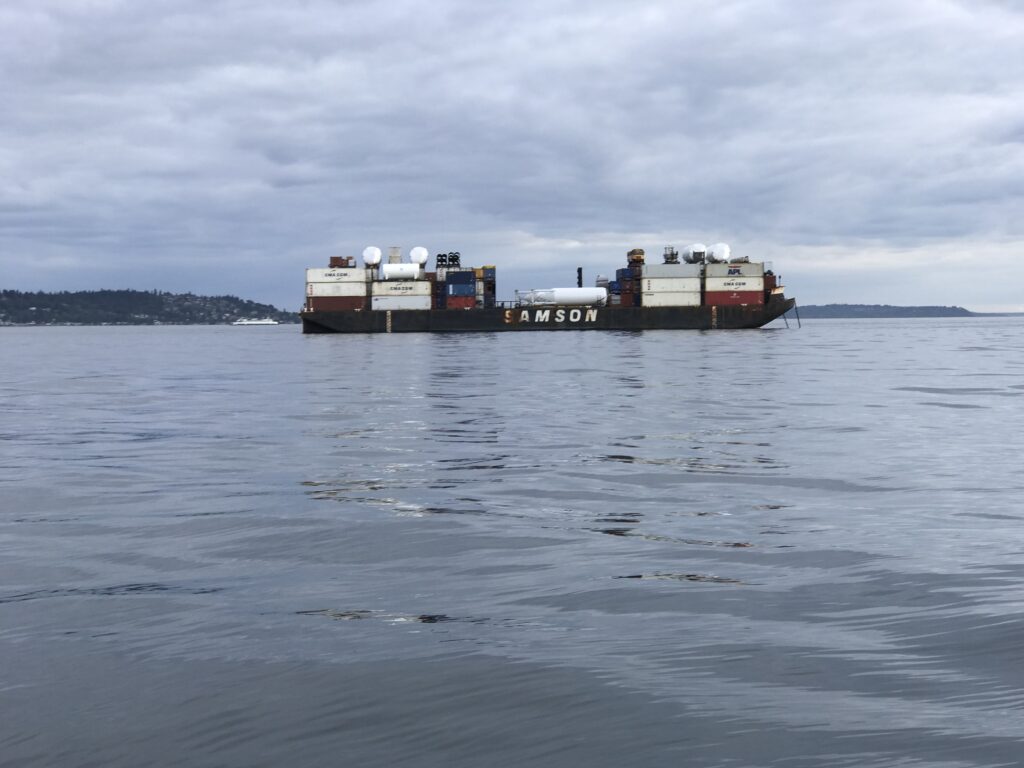
The Jones Act, passed by Congress in 1920, helped the Alaska Steamship and the Pacific Steamship companies, who were in operation at that time. The Alaska Steamship Company shipped freight and passengers between Seattle and Southeast Alaska from the early 1900s until the early 1950s.
The Pacific Steamship Company was a US freight and passenger shipping company that operated between 1916 and 1936. The company was a direct competitor to the Alaska Steamship Company in the Alaska-Seattle shipping business. Both companies were based in Seattle Washington.
A third Seattle company, the Northland Transportation Company operated cargo and passenger ships from Seattle to Southeast Alaska starting in 1923. It offered freight transportation services, including transportation of fishing boats, vehicles, ocean transportation, contract barge, cargo stevedoring, freight consolidation, and refrigeration. The company also provided cranes, loaders, trucks, and non-emergency medical transportation services.

Senator Wesley Livsey Jones was known for other things besides the Jones Act. He served in the United States House of Representatives and the United States Senate, where he advanced to a leadership position as Majority Whip, a post he held from 1924 to 1929. He also served as chairman of several committees, including Industrial Expositions, Fisheries, Disposition of Useless Executive Papers, Investigate Trespassers Upon Indian Land, Commerce, and Appropriations.
Jones was a successful advocate for federal investment in the Pacific Northwest, securing funding for several irrigation projects, which particularly aided farmers in the more arid eastern part of the state.

Critics of Jones and The Merchant Marine Act of 1920, often ignore the fact that it revamped several U.S.shipping laws, including those governing cabotage (navigation or trade along the coast), shipping mortgages, and seamen’s personal injury.
Like its predecessor laws, The Jones Act establishes support for the development and maintenance of a merchant marine in order to support commercial activity and serve as naval auxiliary in times of war or national emergency. The USA’s merchant marine maritime was nonexistent at conclusion of the Civil War because both the Confederate and Union military targeted vessels operated by their adversaries. Today’s USA merchant fleet is still nascent.
The Jones Act ensures that the U.S. has sufficient maritime capacity in future wars and prevents the U.S. from depending on foreign companies to transport goods between U.S. ports. The fleet of domestically-built ships could be used to transport troops, equipment, and supplies. The law also creates a domestic dredging and salvage industry in the United States, which prevents the United States from depending on foreign companies to dredge naval facilities.
Critics of the Jones Act argue that it increases the cost of shipping for U.S. islands like Hawaii and Puerto Rico. They also claim that the law restricts competition and innovation in the shipping industry, leading to higher prices for consumers. While the law limits the ability of foreign ships to transport goods between U.S. ports, (which increases the cost of shipping and reduces the efficiency of the shipping industry) the law strongly supports USA trucking and rail freight industries, which have their own efficiencies. It is hard to see how consumers are harmed because of that. Supporters of the Jones Act argue that it ensures that American labor safety and environmental standards are followed and that sailors are less likely to be exploited.
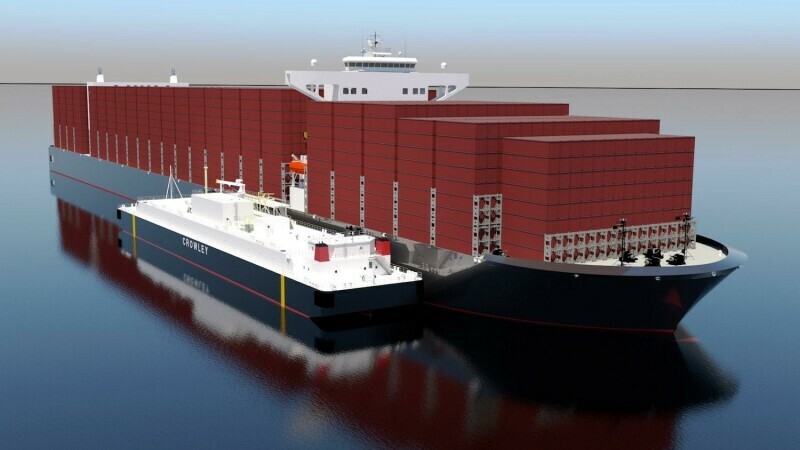
As of May 2023, the Jones Act remains in place and mostly intact. Efforts to repeal the act have failed, thanks to the vigorous efforts of lawmakers from both parties who represent states with shipbuilding industries. In December 2020, a bill to repeal the Jones Act was introduced in Congress, but it did not receive a vote. Some politicians have advocated for a carve-out for liquefied natural gas (LNG) or other specific industries.
For example, Arizona USA Senator John McCain, in January of 2016, introduced an amendment to an energy modernization bill that would have waived the U.S. build requirement for oil tankers.
The Jones Act has been waived in the past to respond to natural disasters or ensure an adequate fuel supply. However, the law’s negative effects are only felt in moments of crisis, which dulls political opposition.

In 2017, USA Senator Patty Murray from Washington State petitioned Congress for a waiver to the Jones Act for a $75 million vessel commissioned by Fishermen’s Finest, which was built in Washington State but had mistakenly used about 10 percent steal in the hull from the Netherlands. The Jones Act limits ships traveling between two U.S. ports to have no more than 1.5 percent foreign steel. About 10 percent of America’s Finest steel was bent in the Netherlands. This mistake in the build would have been a financial disaster to the owner who was expected to sell the vessel at a loss for operating elsewhere. It took several years to obtain the waiver. The Coast Guard determined that this was truly a mistake and not a manipulation to avoid meeting requirements.
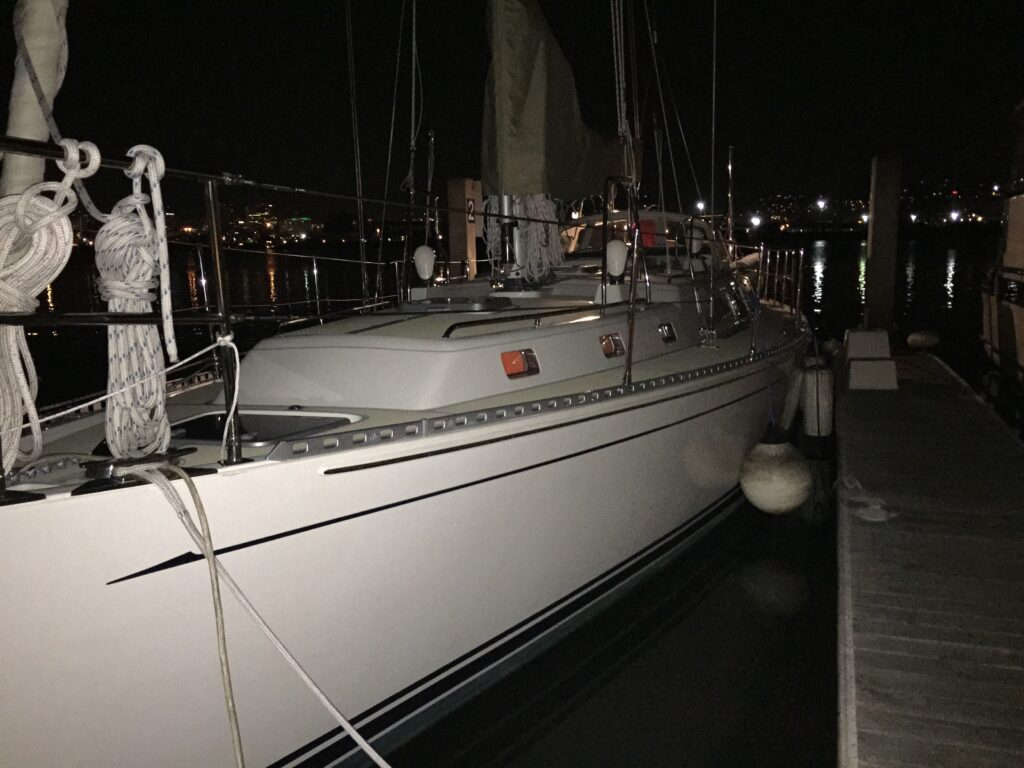
Waivers to the Jones Act are not usually as difficult as Americas finest. My Sister obtained waivers for a fiberglass sailboat owned by an LLC, just by filing the required paperwork. The Jones Act requires that vessels operating in coastwise commerce be built in the U.S. whenever possible. However, there are many cases in which foreign-built vessels or vessels of unknown build can contribute to U.S. commerce, especially those operating as commercial passenger vessels.
The Small Vessel Waiver Program allows for a waiver to the Jones Act for vessels that are less than 300 gross tons and are engaged in certain types of coastwise trade, such as charter operations. A Marine Administration (MARAD) /coastwise endorsement may be required for non-U.S. built yachts in the 50-60′ range
To qualify for the MARAD administrative waiver of the Jones Act, the vessel must be owned by a U.S. citizen, be at least 3 years old, and while in service, the vessel cannot carry more than 12 passengers
The stumbling block can be that waiver requests are given a period of time for comment. If a business objects, the waiver is denied pending appeal. My sisters LLC sailboat was denied one waiver for an Alaskan operation. Hawaii and Puerto Rico were fine.
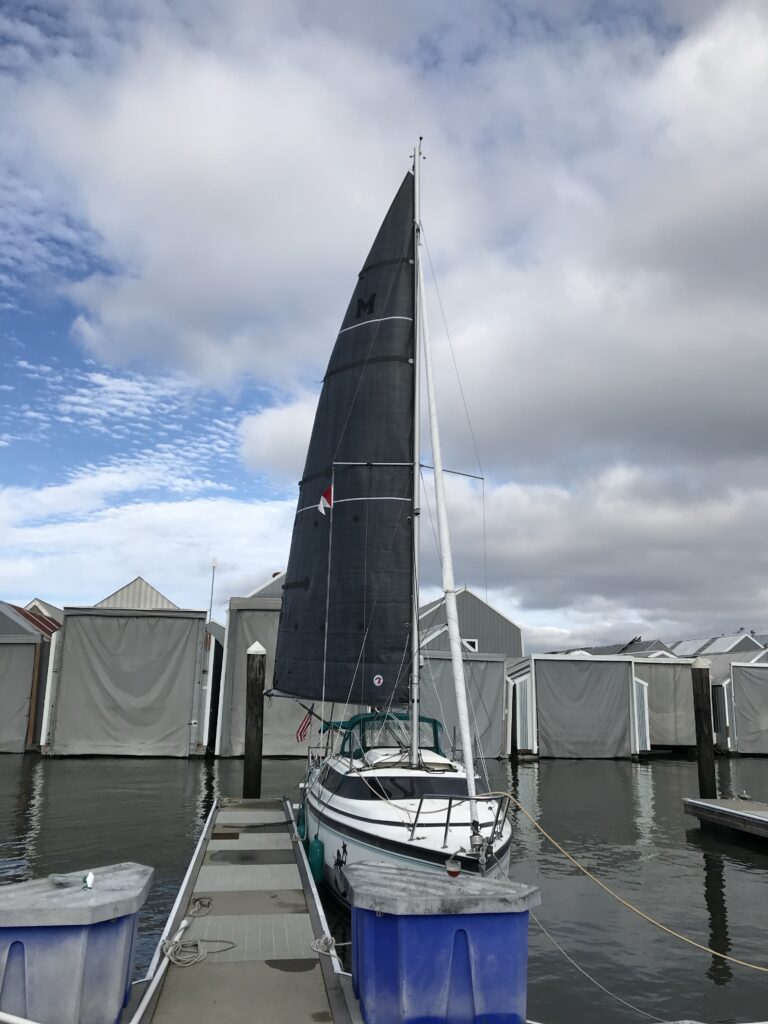
Violating the Jones Act can result in penalties, including seizure and forfeiture of merchandise transported in violation of the act, or a penalty in an amount equal to the value of the merchandise or the actual cost of the transportation, whichever is greater, may be recovered from any person transporting the merchandise or causing the transportation. The penalty for violating the Jones Act can be significant, with the largest penalty ever assessed for a violation of the law being $350 million. The US Coast Guard has imposed 255 civil penalties for about $120 thousand in fines from FY’15 to FY’19.
Jones Act-compliant recreational vessels are sought after for resale value, if not just to avoid fines. They are popular in the pleasure market because they are built to high standards of safety and quality, and are often believed – even outside of USA waters – more durable and reliable than foreign-built vessels. Individuals, like my brother in law, who are awarded 6 pack Captains licenses will dream of having Jones Act compliant or Jones Act waived vessels because those boats can be money makers as Captained charters. The Jones vessels can also be part of bare boat charter fleets.
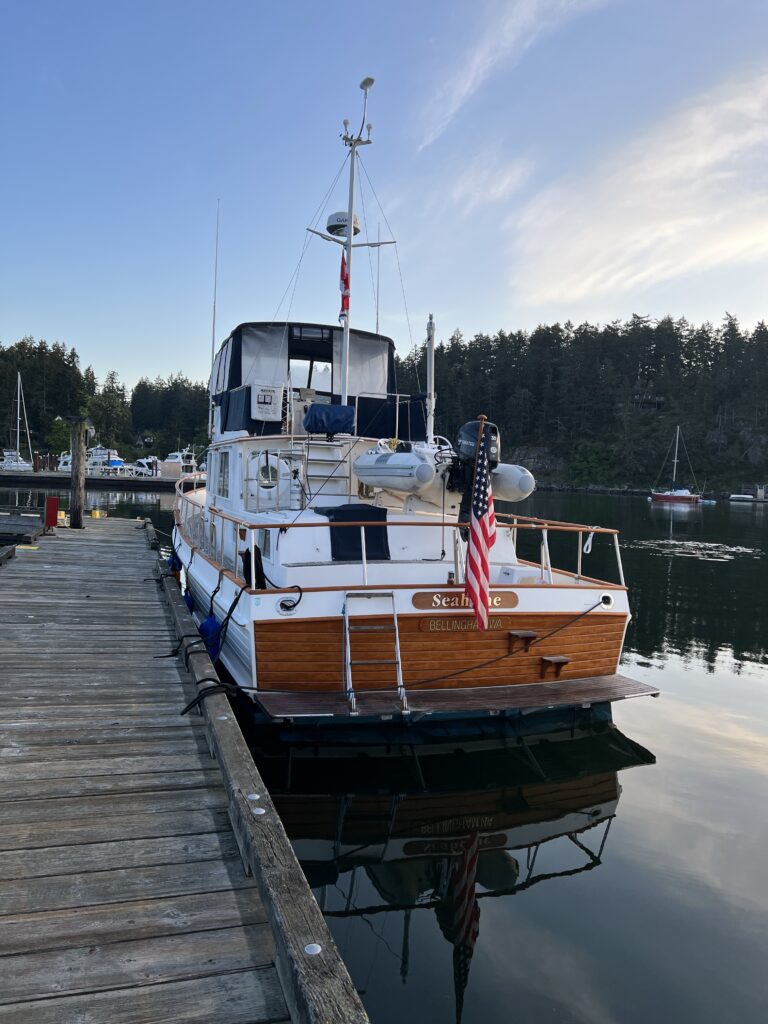
The recreational boating industry in the USA generates $170.3 billion in annual economic impact, supporting more than 35,000 businesses and 691,000 jobs. In 2020, the number of registered recreational boating vessels in the United States amounted to approximately 12 million. The recreational boat market in North America dominates the global market growth, with a share of 38.8%. In 2021, the U.S. market was valued at USD 16.26 billion and it is expected to reach USD 26.18 billion by 2027, growing at a CAGR of 8.26%. Clearly the Jones Act has contributed to the boat building industry in the USA.
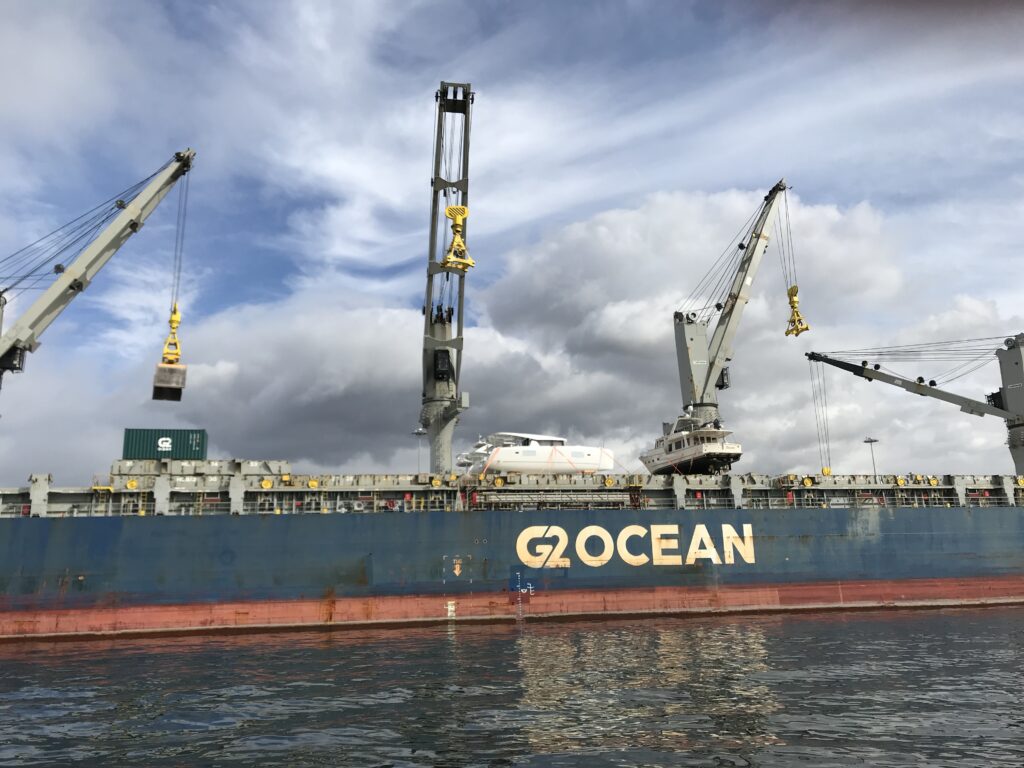
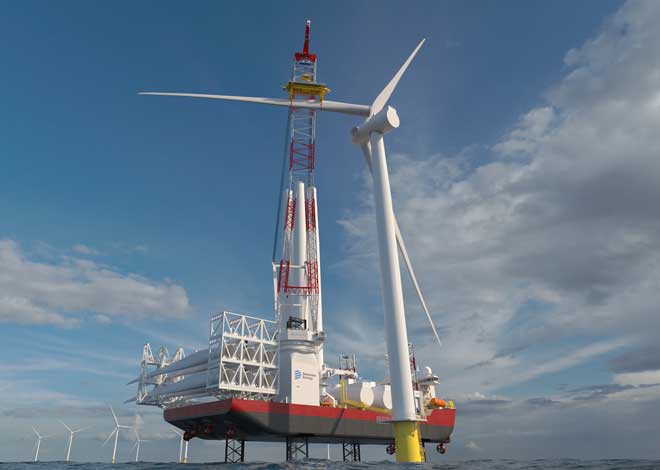
The first U.S.-based installation vessel
The Jones Act has been a topic of debate regarding its impact on the USA’s climate change response. But undeniably it has helped the USA move off of fossil fuels. Texas is building Charybdis. The Jones Act is a major factor in the reason the vessel is being built.
Given the above, those lobbying for repeal of The Jones Act, are a curious bunch. USA interests and arguably world wide interests are not served by repeal. The notion that repealing the Jones Act would create a balanced economy based on laissez-faire principles, which would help the oil industry to use foreign-flag vessels and reduce the cost of shipping has to be outweighed by the economic benefits derived from the trucking, railroad and pleasure boat building industries that are supported by the Jones Act, the USA navy’s need for a naval auxiliary and climate change goals. The law makes Texas crude and Alaska oil more expensive to ship to major markets and less attractive than imports in the Northeast but overall the USA only benefits. There are also cruise ship industry considerations.
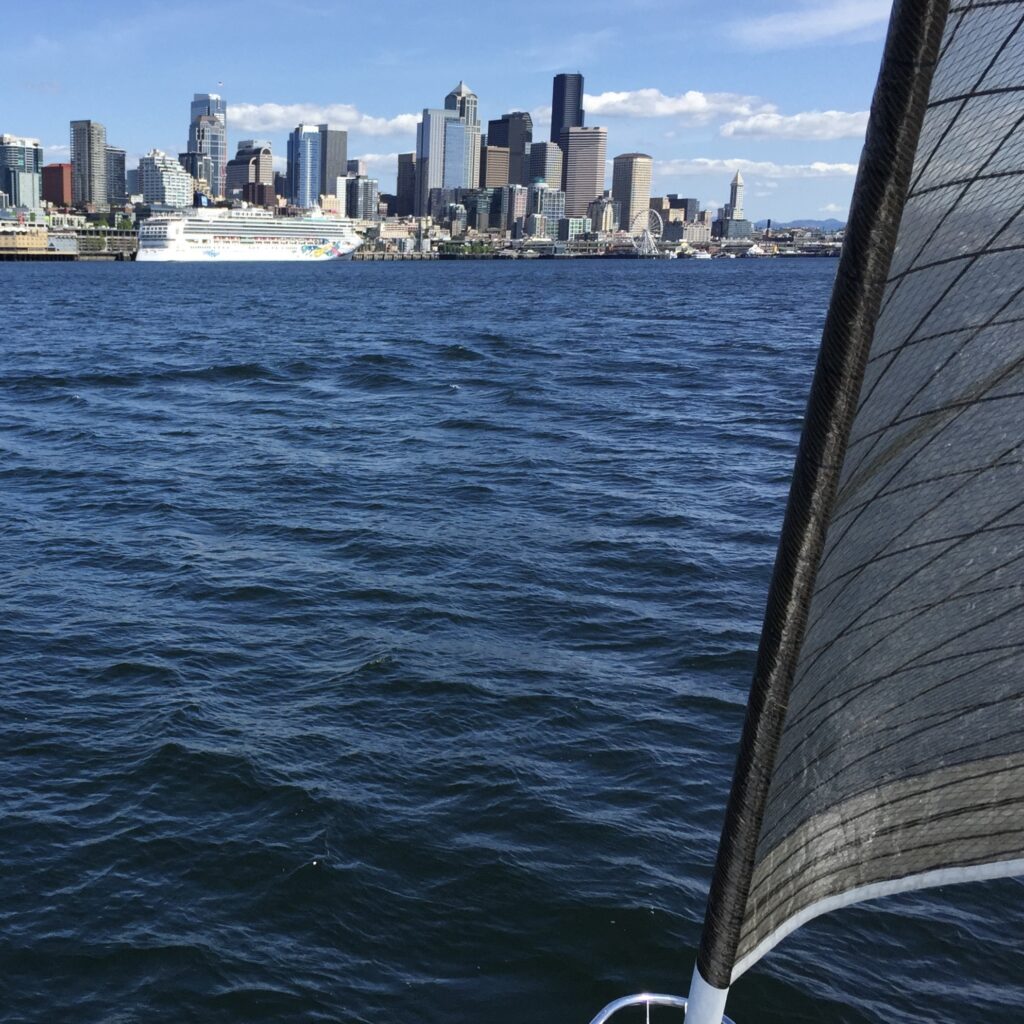
The Jones Act in the early 1920s was for commercial freight shipping companies using the United States’ water and ports. However, today many contribute the cruise industry’s growth to the Jones Act. In Europe, this Act is also called Cabotage Law.
The Jones Act ensures that cruise ships restructure their itineraries and keep a close eye on their passengers at every port. To avoid fines, cruise ships operating in the U.S. make sure they have a passenger list and conduct counts when departing from any port in the country.
Since the Jones Act was initially done for the cargo shipping industry, a section called the Passenger Vessel Services Act (PVSA) was added to incorporate passenger vessels into the Act.
EHLINE LAW FIRM
PVSA allows cruise ships to depart from one U.S. port and visit a distant port in a different country then depart for a different U.S. port. According to a commodore of the Capital City yacht club, Canada benefits greatly from the Jones Act because cruise ships previously stopped at USA ports will stop somewhere in Canada before travel to Alaska.
The Tourism Industry Association of B.C. estimates that cruise ships contribute about $2.7 billion annually to the provincial economy, supporting tourism-oriented businesses in coastal cities like Victoria, Vancouver, and Prince Rupert.
The economic impact of cruise ships stopping in Seattle is also significant. The cruise ship industry in Seattle generates nearly $900 million in annual revenue. In 2019, cruise operations generated more than $14 million in statewide taxes, supported 5,500 jobs, and produced $893.6 million in total.
The economic benefit of cruise ship operations in the Salish Sea is clear. The Jones Act is important for that economy. Guests who insist on debarking the ship in a port that violates the Jones Act will accept responsibility for any resulting penalties.



Re” All ships sailing in U.S. waterways regardless of where they are flagged have to comply with U.S. environmental laws. U.S. ships meanwhile, are built with foreign designs and foreign components and are typically older than their foreign counterparts owing to higher replacement costs. There is little if any evidence they are built any better than foreign vessels, and some evidence they are worse.”
The flag is important because of oversight. Many countries, like the Bahamas, flag for revenue raising but do not hire the staff needed to follow up and remedy. USA flagged ships- even older ones -are preferable when it comes to environmental laws because of that. I assume evidence of worse quality holds cost equal. It is hard to argue that the cheapest is better. It is also hard to argue that the vessel taking longer to built because of inspections, safety, and more expensive labor, is of lesser quality than the quickly built non USA vessel.
“It is hard to argue that the cheapest is better. It is also hard to argue that the vessel taking longer to built because of inspections, safety, and more expensive labor, is of lesser quality than the quickly built non USA vessel.”
US-built ships don’t take longer because other countries are cutting corners but rather because US shipyards are less efficient. They build fewer ships and so have less experience and also don’t invest as heavily in new technology because they can’t spread those fixed costs over many vessels. US labor also isn’t particularly expensive, trailing that of other shipbuilding countries such as Japan, South Korea, and Germany (see page 32 here: https://www.nassco.com/pdfs/Shipbuilder-Assessment-American-Marine-Highway-NASSCO.pdf)
I’ll also note that US-flagged ships don’t have a particularly impressive record. The Paris MOU which ranks flags by their quality places the US at #27 while Bahamas are at #4: https://www.parismou.org/detentions-banning/white-grey-and-black-list
Lots of good information here but also some things I think require clarification or additional context:
“It replaced similar legislation going back to the USA Civil War.”
The United States has had laws similar to the Jones Act going back to 1817, and arguably even 1789.
“The Jones Act benefits U.S. labor and the military by ensuring that the nation’s waterways are traveled by well-built ships that meet American safety and environmental standards.”
All ships sailing in U.S. waterways regardless of where they are flagged have to comply with U.S. environmental laws. U.S. ships meanwhile, are built with foreign designs and foreign components and are typically older than their foreign counterparts owing to higher replacement costs. There is little if any evidence they are built any better than foreign vessels, and some evidence they are worse.
“The Jones Act ensures that the U.S. has sufficient maritime capacity in future wars and prevents the U.S. from depending on foreign companies to transport goods between U.S. ports.”
That may be the ostensible goal but has not happened. The United States has a deficit of at least 1,800 mariners to meet commercial and sealift requirements in the event of a sustained sealift campaign and JA ships are rarely used in times of conflict as there are few to spare. As for depending on foreign companies, it’s perhaps notable that during WWI and WWII coastwise laws were suspended so that foreign ships could transport goods between US ports.
“the law strongly supports USA trucking and rail freight industries, which have their own efficiencies. It is hard to see how consumers are harmed because of that.”
If shipping would otherwise be more efficient than trucks or rail without the JA then consumers are harmed by being denied access to this superior method of transportation.
“Clearly the Jones Act has contributed to the boat building industry in the USA.”
Recreational boating is not covered by the Jones Act. Unless the boats are for commercial purposes such as charters, foreign-built vessels can be used (and they are subject to an import tariff of just 1%). That the US recreational boat industry has prospered while exposed to foreign competition while the US shipbuilding industry is in a terrible state under JA protectionism is perhaps noteworthy.
“The Jones Act has been a topic of debate regarding its impact on the USA’s climate change response. But undeniably it has helped the USA move off of fossil fuels. Texas is building Charybdis.”
The JA raises the cost of building offshore wind farms, thus complicating efforts to move away from fossil fuels. The Charybdis has a price tag of $500 million, which is at least $150 million more than the price of such a vessel abroad.
“The economic benefit of cruise ship operations in the Salish Sea is clear. The Jones Act is important for that economy.”
If not for the JA (actually the Passenger Vessel Services Act) it would be more attractive for ships to depart from Seattle instead of Vancouver. This is a loss to the Seattle economy.